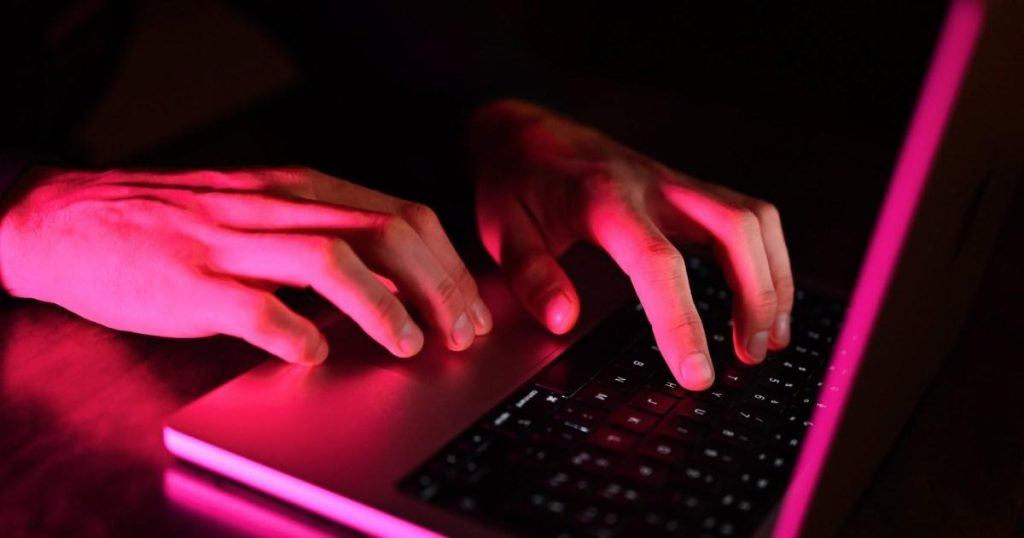The UK government is introducing new legislation to criminalize the creation and distribution of non-consensual deepfake pornography, as part of a broader effort to combat online abuse, particularly against women and girls. This move comes in response to growing concerns about the misuse of deepfake technology, fueled by advancements in artificial intelligence, to create realistic but fabricated sexual content. The proposed laws aim to protect individuals from the devastating emotional and psychological harm caused by having their likeness exploited in such a manner. The legislation aligns with Metro’s “This Is Not Right” campaign, which focuses on addressing the widespread issue of violence against women. Victims Minister Alex Davies Jones emphasized the government’s commitment to tackling this abhorrent behavior and ensuring that perpetrators face serious consequences.
The new offences will specifically target individuals who create or share deepfake sexual imagery without the consent of the person depicted. This includes not only the act of creating the deepfake itself but also its distribution, ensuring that those who propagate such content are held accountable. The legislation will carry a maximum penalty of two years in prison, reflecting the seriousness of the offense. This move signifies a significant step in recognizing and addressing the unique harms associated with deepfake pornography, which can have profound impacts on victims’ dignity, safety, and mental well-being. The government aims to send a clear message that such behavior will not be tolerated and that perpetrators will be prosecuted to the full extent of the law.
Beyond deepfakes, the proposed legislation seeks to strengthen and broaden existing laws related to intimate image abuse. Current laws against offenses like upskirting, which were criminalized in 2018, will be repealed and replaced with more comprehensive measures. The new offences will encompass a wider range of actions, including taking or recording intimate photographs or films without consent, regardless of the intent. This broadened scope aims to address the various forms of image-based abuse that can occur, ensuring that victims have greater protection under the law. The government recognizes that the non-consensual capture and sharing of intimate images can cause significant distress and humiliation, and these changes intend to provide stronger legal recourse for those affected.
The new laws will also explicitly criminalize the act of installing or adapting equipment with the intention of capturing intimate images without consent. This provision targets the preparatory stages of such offenses, demonstrating a proactive approach to preventing image-based abuse. By criminalizing the intent to commit these acts, the legislation aims to deter individuals from engaging in such behavior in the first place. This comprehensive approach acknowledges that the harm caused by image-based abuse extends beyond the act of capturing the image itself and includes the violation of privacy and the potential for future harm.
The government’s initiative is supported by campaigners and advocates for online safety, who highlight the widespread and devastating impact of image-based abuse. Jess Davies, author of “No One Wants To See Your D*ck,” has spoken publicly about her experience with cyberflashing and emphasized the urgent need for stronger legal protections. She describes intimate image abuse as a national emergency, causing significant and lasting harm to women and girls who lose control over their digital footprint due to online misogyny. This perspective underscores the importance of the government’s actions in addressing this pervasive issue and providing legal recourse for victims.
The proposed offences will be included in the government’s Crime and Policing Bill, which is expected to be introduced in Parliament when time allows. While the exact timeline remains uncertain, the government has expressed its commitment to bringing these measures into effect as soon as possible. This legislation represents a crucial step in combating online abuse, particularly the creation and distribution of non-consensual deepfake pornography and other forms of image-based abuse. The government’s actions aim to protect individuals from the devastating consequences of these crimes and send a clear message that such behavior will not be tolerated.











